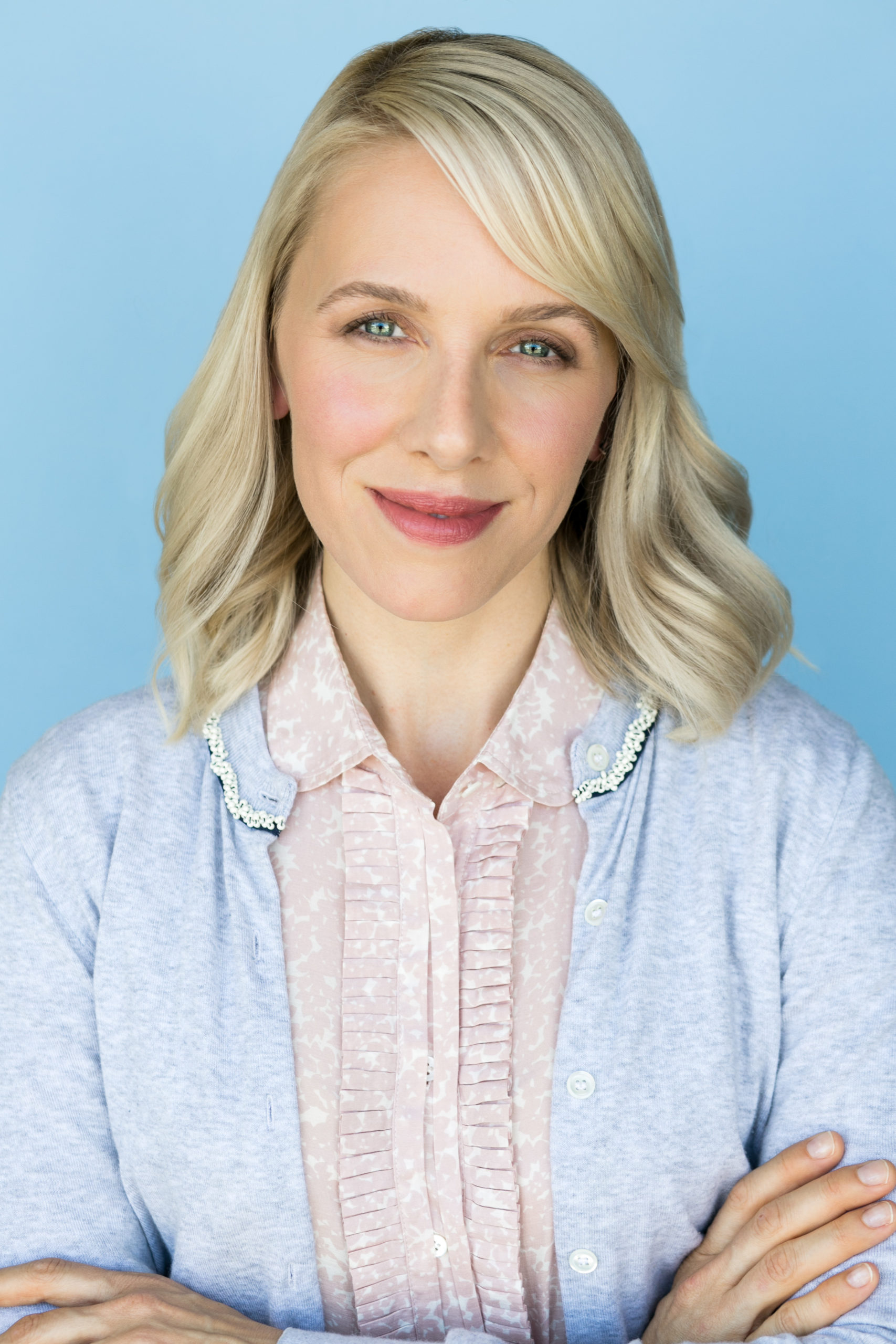Find a CBT Therapist
Search through our directory of local clinicians.
Laura Payne

Featured Therapist Interview
Laura A. Payne, PhD, (she/her/hers) is a clinical psychologist specializing in cognitive-behavioral therapy. As an undergraduate at UCLA, Dr. Payne worked with Michelle Craske. She subsequently attended graduate school at Boston University Center for Anxiety and Related Disorders. During her graduate work, she was mentored by David Barlow and worked closely with him on the initial development, application, and evaluation of the Unified Protocol for Transdiagnostic Treatment of Emotional Disorders. Currently, Dr. Payne has a small private practice in Massachusetts where she sees individual, adult clients with anxiety, depression, and chronic pain. She also specializes in helping women with female pain conditions, such as endometriosis, vulvodynia, and chronic pelvic pain. Dr. Payne considers herself a behavior therapist at heart, and is always looking for new and creative ways to modify behavioral contingencies with her clients. In addition to clinical services in Massachusetts, she currently offers telehealth services to clients in California and Florida.
What are your personal strengths as a practitioner?
I think one of my strengths is in my ability to communicate CBT concepts in a way that is understandable and relevant for each client. I also try to bring compassion to all my clients by examining the function of their behaviors.
Are you involved in other types of professional activities in addition to your private practice?
My primary work involves clinical research focusing on understanding behavioral, physiological, hormonal, and neural responses to pain in girls and young women with menstrual pain. I also conduct research on non-pharmaceutical interventions for menstrual pain and the impact of the menstrual cycle on other psychiatric symptoms. Clinically, I participate in a monthly peer supervision group and monthly team meetings to discuss relevant clinical issues.
Who was your mentor?
My first mentor as an undergraduate was Michelle Craske at UCLA. In my graduate work at Boston University’s Center for Anxiety and Related Disorders, I worked with David Barlow, primarily on the development of the Unified Protocol. Lizabeth Roemer and Susan Orsillo were also very influential mentors and clinical supervisors while I was at BU.
When not practicing CBT, what do you do for fun?
I love to spend time in nature with my family. We enjoy skiing, sailing, riding bikes, and walking around our neighborhood. I also love to travel and laugh with my friends.
What do you think is the single most important thing CBT can do for your clients?
CBT provides a very comprehensive but simple framework for clients to understand why they are feeling or acting a certain way and what they can do about it. I must admit that I consider myself more of a behavior therapist than a cognitive therapist, but both these frameworks allow clients to feel more in control of their lives and understand the various factors contributing to emotions and how their responses impact their experiences.
Where do you see the field of the behavioral therapies going over the next 3-5 years?
I imagine that over the next several years, behavioral therapies will continue to focus on transdiagnostic processes, as well as individualizing treatment approaches based on phenotypic factors, rather than diagnostic labels. We know CBT works overall –the questions now are for whom does it work and why? Luckily, many ABCT members are starting to answer these questions in their research.
How long have you been a member of ABCT?
I have been a member of ABCT for 22 years – since 1999 when I attended my first conference.
How has ABCT helped you professionally?
ABCT has been a tremendous professional resource for me. Discussions on the list serve, trainings and webinars, and the annual conference (of course) have allowed me to continue to grow as a clinician and stay connected to the colleagues I have met over the past twenty years. I feel very lucky to be a part of an organization that is deeply committed to its members and the CBT community overall.
How has ABCT helped you professionally?
I have benefited greatly from the publication that is part of the membership. It is helpful to maintain a pulse on the field and hear about other clinicians and new research.
What services do you consider the most valuable from ABCT?
Their publications.
What service(s) are missing from ABCT in your role as a practitioner?
Thank you for taking the time to answer our questions!
